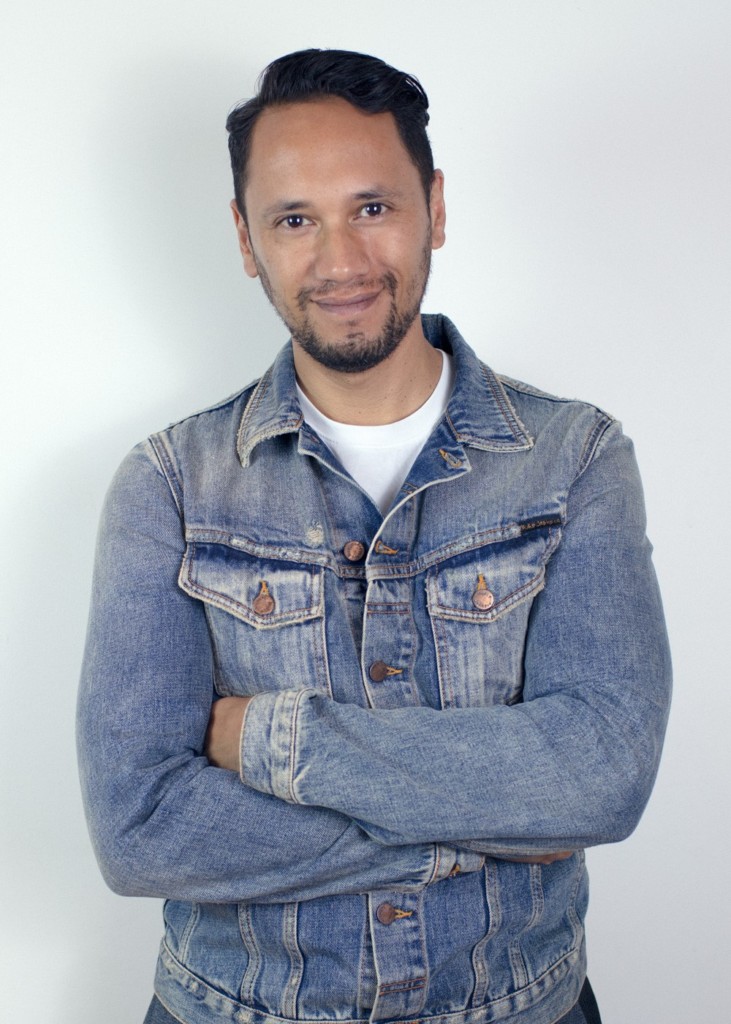Echos’ Alum of the week, Clayton Ilolahia is a man of many talents. An experienced learning and development professional within the performing arts and luxury retail sector, his latest role was as Manager, Organisation Development & Learning at Sydney Opera House. Responsible for the design, development, delivery and management of organisational development and learning strategies, initiatives and programs to support the Sydney Opera House, being creative and innovative are prerequisites for the job.
In addition to his work in Learning & Development, Clayton is a writer and digital influencer that with his body of work has attracted international recognition.
Ilolahia granted me with this delightful interview – mainly focusing on his activities at Sydney Opera House – in May 2019. Earlier this month, after five years and six months working for the Australian most emblematic performing arts institution, he has left the company to focus on his fragrance writing, which is incredibly charming. You can read Clayton’s words on his blog: What Men Should Smell Like, “a website by a self-proclaimed fragrance nerd”.
Clayton Ilolahia
RG – Hello Clayton, and thank you for taking time from your busy day to speak to me today. Shall we start by letting everyone know who Clayton Ilolahia is?
CI – I moved to Australia from New Zealand 15 years ago. I studied visual arts at university in Auckland and made the move to Melbourne after graduation because it had a thriving arts and culture scene. In Australia, I developed my career in learning and development. I am currently the Manager of Organisation Development & Learning at Sydney Opera House. Like many creatives, I enjoy having my hands in a number of creative pursuits outside my standard 9-to-5 workday. When I was living in Melbourne, I became interested in artistic or niche perfumery. I saw synergy between creating visual art and olfactory art, for example, perfume. Both creative processes have a lot in common. I’ve since become known in the perfume industry as a fragrance writer and blogger, but ultimately I would love to one day be creating perfumes – a skill I have been gradually developing for a few years now.
“The Opera House is an amazing place to work. In addition to programming performing arts across multiple disciplines, it’s a UNESCO world heritage building and an Australian tourism icon.”
RG – Creative people are the fire in this world’s tummy. Being a huge fan of The Opera House, could you satisfy my curiosity and tell me a little more about your day-to-day work?
CI –The Opera House is an amazing place to work. In addition to programming performing arts across multiple disciplines, it’s a UNESCO world heritage building, an Australian tourism icon, and it’s a place to socialise with friends in one of the many bars and restaurants onsite. It’s a complex organisation with all of this going on, and this makes the work interesting and varied. An average day might be working with the Staging team to design stage machinery training and assessments, researching cultural awareness training to support the Opera House’s Reconciliation Action Plan or discussing the development of management with the executive team.
“Looping back to the world of fragrance, so much of what is new today is simply a rework of a successful fragrance from the past. The way brands market new fragrances is very formulaic. At present, it is an exciting space for innovators who want to disrupt the status quo.”
RG – In your opinion, why is innovation important in your field of work?
CI – Innovation is a critical skill for learning and development professionals. Younger workforces have different learning needs, and as organisations evolve, the way employees develop new capabilities evolves as well. Innovating new ways of delivering learning to employees that is relevant, timely and effective, constantly requires innovation, particularly in the technology space. Looping back to the world of fragrance, so much of what is new today is simply a rework of a successful fragrance from the past. The way brands market new fragrances is very formulaic. At present, it is an exciting space for innovators who want to disrupt the status quo.
RG – That’s fascinating; I had no idea. Is Design Thinking a new concept to you? When was the first time you heard about the term “Design Thinking”?
CI – Last year, a colleague attended a course on change management, and another participant was using Design Thinking principles in their project and change management practice. I started reading articles about Design Thinking, and I could see its potential for the corporate environment and in particular the Opera House.
“The Design Thinking process recognises unique perspectives, but it works to identify the common problem that needs to be solved. The process also ensures that relevant people are consulted in a meaningful way.”
RG – After attending Echos Design Thinking Experience course, how do you think the knowledge you brought back to your work can positively impact your industry?
CI – I particularly like the Design Thinking methodologies around research. At the Opera House, there are different subject matter experts, many of them who are leaders in their own unique field. They will often have different perspectives or objectives. The Design Thinking process recognises unique perspectives, but it works to identify the common problem that needs to be solved. The process also ensures that relevant people are consulted in a meaningful way.
RG – Did you leave Echos’ course with any big learnings?
CI – A key learning was about prototyping, something I passed off as only used by software and hardware developers before I did the course. I’ll often develop an idea or a piece of learning content to completion before sharing it with stakeholders for feedback. Now I am more fearless to develop and test ideas quickly. Fail fast, fail often in the spirit of succeeding sooner.
RG – What about on a personal level? Did you learn anything new about yourself whilst learning the Design Thinking methodology?
CI – I’m not the best person to do field interviews. Stopping random people on busy Sydney streets to have a chat is definitely not a strength of mine, but you get into it after the third time during the course!
“We are using Design Thinking to help us shift from learning what new employees need to do, to learning that is meaningful and helps new employees through the steep learning curve that comes with entering a new job and work culture.”
RG – Repetition does make one fearless! Shifting gears to the present moment, are you currently working on a project and using the Design Thinking approach?
CI – There are a number of projects my team is working on where Design Thinking is being used. These projects all have a service design element, like the software employees and contractors use to manage their learning and development and how we onboard new staff. The current approach is policy and process-centric. We are using Design Thinking to help us shift from learning what new employees need to do, to learning that is meaningful and helps new employees through the steep learning curve that comes with entering a new job and work culture.
RG – What pearls of wisdom would you share with someone who is starting their innovation journey through Design Thinking?
CI – Echos’ Design Thinking Experience is a great place to start.
RG – Anything else you’d like to share about your experience?
CI – I expected other course participants to be from technology or design backgrounds, and I thought I’d be the odd participant out. Actually, everyone in my group came from different industries, which brought a lot of interesting perspectives to the table.
RG – Can we finish by you sharing with us an inspiring quote that moves you?
CI – “The task is to learn how to enjoy everyday life without diminishing other people’s chances to enjoy theirs.”, by Mihaly Csikszentmihaly.
RG – Thank you so much, Clayton.
CI – Thank you.
—
Follow us on social
Instagram – Facebook – LinkedIn – Youtube
How Can We Help?
- For training and Innovation Journeys in your company: check out our in-house course offering.
- For upcoming courses in your region: visit our website.
- For upcoming events in your region: look at our event calendar.
- If you have a special project and would like to use Echos’ consultancy services: send us an email.
- Want to speak to a real person? Call us on 1300 502 006



